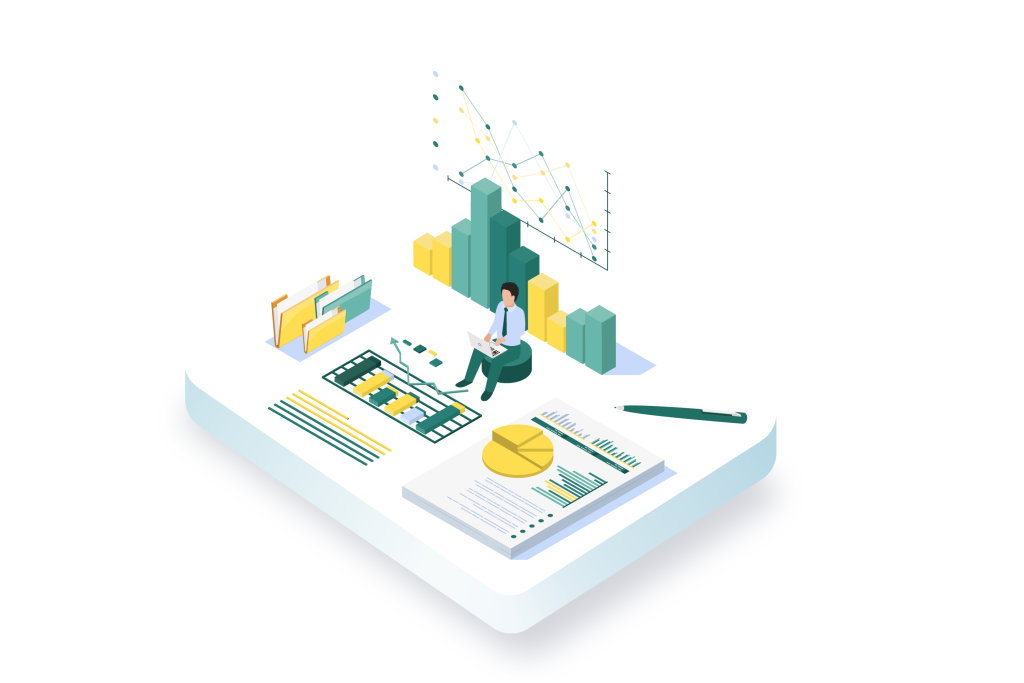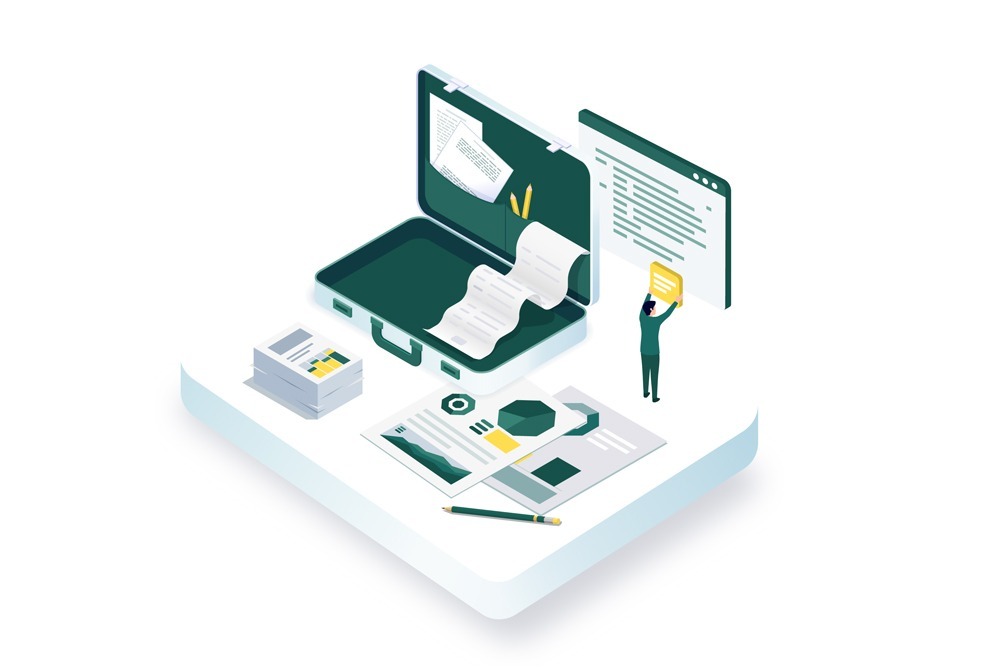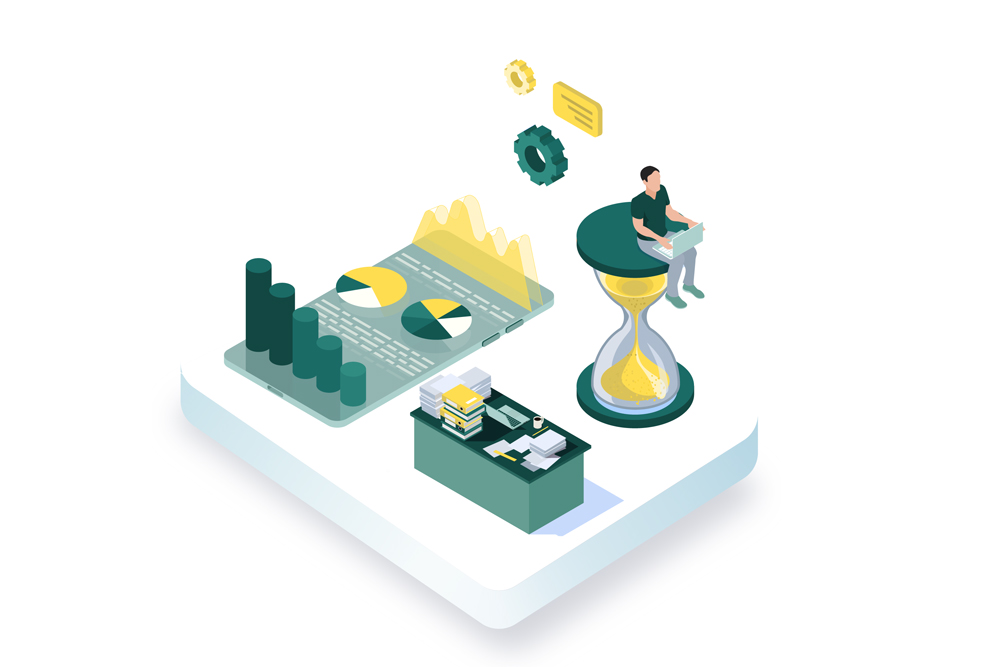Accounting is changing fast, and 2025 brings new accounting trends that are shaping the way businesses handle money. From smarter tools to new rules, these trends are making everyday finance work simpler. What should you watch out for, and how can you keep up?
What Are Accounting Trends
Accounting trends are the new ways people and companies manage money, tools, and reporting in the finance world. The accounting industry trends 2025 show that things are moving toward faster, simpler, and smarter ways of working. These trends cover how we track money, follow rules, and use digital tools every day.
For example, more businesses now use apps to handle invoices, taxes, and reports. It’s not just about big changes—it’s about small steps that make work easier. If you want to keep up in today’s finance world, it helps to know where things are heading.
One big part of these changes is new software. The latest accounting software trends are all about doing more with less effort. Many tools now help you match payments, track bills, and even send reminders. Some can spot mistakes or show where money is being wasted.
Wider Adoption of Cloud-Based Accounting
Have you heard about cloud-based accounting? It’s one of the biggest changes happening in finance today. With it, you don’t need to be in the office to do your accounting work.
You can check your books, send invoices, or track expenses from anywhere. All you need is internet and a phone or laptop. This is why many businesses are now making the switch.
So, what are the real benefits of cloud accounting? Let’s break it down with a few simple points:
- you don’t lose your data if your device crashes
- your software updates by itself without extra work
- you save time by sharing work without sending files
- you can connect your bank to track money in real time
- you and your team can log in from anywhere, anytime
Think about this: an accountant working from home can do the same job as if sitting at their office desk. A business owner can review numbers during a lunch break on their phone. There’s no need for long email threads or file transfers.
Everything is right there in the system, always up to date. That’s how cloud-based accounting is making work easier in 2025.
Increased Use of AI and Automation in Accounting
Have you noticed how fast AI and accounting are coming together? This is not just some future idea anymore. Right now, AI accounting tools are already helping with daily tasks like sorting bills and checking numbers.
These tools don’t sleep, don’t forget, and don’t make typos. They’re not replacing people—they’re helping them do their jobs better. This is where accounting automation is heading in 2025.
So, what can AI accounting tools really do? Let’s look at the basics:
- they can read and sort receipts and bills automatically
- they help find errors in reports before humans even notice
- they track payments and match them without manual work
- they learn from past data and give helpful suggestions
- they free up time so people can focus on more important tasks
What powers these tools is something called machine learning. That means the software gets smarter the more you use it.
For example, if you always enter rent under one category, the system will remember and do it next time. Many small businesses are now trying these tools to save time and cut stress. So, when we talk about AI and accounting, we’re really talking about a smarter, faster way to do money work.
Expansion of Data Analytics in Accounting
What if numbers could tell you more than just totals and taxes? That’s what accounting data analytics is all about. It’s not just for big companies anymore—any business can use it to learn and grow.
With data analytics in accounting, you can spot patterns, plan better, and avoid future money problems. Instead of guessing, you get real answers from your numbers. This is becoming one of the most useful accounting trends in 2025.
So, how does it work in real life? Here are a few simple ways businesses use it:
- to see which products bring in the most money
- to find where the company is losing cash every month
- to plan budgets based on what’s really happening
- to make faster choices by seeing real-time data
- to catch errors or odd spending that don’t look right
For example, a store owner can check what sold the most in summer and order more next year. A service company can see which clients pay late and change their payment terms. That’s the power of accounting data analytics. It helps turn your regular reports into simple, smart decisions. In 2025, using data analytics in accounting is not a bonus—it’s becoming a basic part of how people run their business.
Stronger Focus on Cybersecurity and Data Protection
When money is online, so are the risks. That’s why cybersecurity in accounting is more important than ever before. Today’s accounting systems hold names, bank details, and payment records—all things that hackers want.
Good data protection means keeping this private info safe from online attacks. If a business loses that data, it can also lose trust, time, and money. So, cybersecurity and accounting now go hand in hand.
Let’s look at what smart businesses are doing to stay safe:
- they use strong passwords and change them often
- they turn on two-step login for all accounting systems
- they back up financial data in safe online storage
- they update software often to block new threats
- they train their team to spot fake emails and links
Think about this: even one click on a bad link can put all your data at risk. A small accounting firm once lost months of records due to a phishing email. Since then, they use better data protection tools and train every new employee.
Cybersecurity in accounting isn’t just for IT people—it’s part of everyday work. As more things move online in 2025, this will only matter more.
Rising Demand for Accounting Advisory Services
What if you had someone to guide you through your business money decisions? That’s what advisory services are for. Instead of just tracking numbers, these services help you plan, grow, and avoid money mistakes.
With accounting advisory services, you can make better choices based on real facts and not just guesses. This kind of support is not only for big companies—it’s helpful for small ones too. More businesses in 2025 are looking for this kind of real-world advice.
Here’s what accounting advisory services can help with:
- making yearly budgets and setting goals that match your business needs
- understanding what your financial reports actually mean for your business
- planning for taxes ahead of time, not just during tax season
- finding areas where you might be losing money without knowing it
- making smart choices when thinking about growing or cutting costs
How Sage and NetSuite Advisory Services Help You Make Better Decisions
Whether you use Sage or NetSuite, getting expert advice can make a big difference in how you manage your business.
Sage advisory services help you use the software better and understand your financial data. NetSuite advisory services guide you through setup, planning, and using the system the smart way.
Both services aim to give real support, not just basic help. Here’s what they can offer:
- help reading reports so you know what the numbers really mean
- guidance on setting up your system the right way from the start
- advice on how to build better budgets and plan your cash flow
- ideas for saving money and avoiding common mistakes
- support when your business grows or needs to adjust quickly
Growing Popularity of Outsourced Accounting Services
Running a business takes time, and handling the books can feel like a full-time job. That’s why many are turning to outsourced accounting. This means you let experts handle your numbers, so you can focus on running your business.
With accounting outsourcing, you don’t need to hire in-house staff or worry about daily tasks. You get help when you need it, without the extra overhead. In 2025, this is one of the smartest moves for growing companies.
Here’s what you get from outsourced accounting services:
- regular help with bookkeeping, invoicing, and reports
- on-time tax filing and help with year-end numbers
- less time spent fixing mistakes or chasing missing info
- clear advice from people who understand your business
- flexible support that fits your size and needs
Some firms, like Hundred MS, offer accounting outsourcing that goes beyond just numbers. They also understand business systems, like ERPs, and can solve deeper finance problems. That’s helpful when your books are tied to tools like NetSuite.
Whether you’re a startup or an established company, outsourcing can save time and reduce stress. It’s like having a trusted partner without the full-time cost.
Increased Focus on Consistent Financial Reporting
In 2025, more companies are working toward consistent financial reporting to keep things clear and easy to follow. When reports are done the same way every time, it’s easier to spot changes and fix problems.
Financial reporting helps you see how your business is doing, what’s working, and what’s not. Banks, investors, and partners also trust you more when your numbers stay clean and steady. This makes it easier to grow or make big decisions without second-guessing the numbers.
Let’s break down what consistent financial reporting looks like in practice:
- using the same rules and formats for every report
- keeping dates and categories the same across all records
- checking reports often to catch mistakes early
- training teams to follow the same reporting steps
- making sure reports are clear, simple, and on time
For example, a business that reports sales weekly using one system will know fast if sales go up or down. If the same numbers were tracked in different ways, it would cause confusion. That’s why financial reporting matters so much today. When done right, it brings better control and fewer surprises. And in a world full of change, simple and clear numbers are a big win.
What These Trends Mean for the Future of Accounting
The accounting trends shaping 2025 are more than just new tools—they’re changing how businesses work every day. From smart software to better reporting, the goal is to make money tasks simpler and clearer. Businesses of all sizes are looking for ways to save time, avoid mistakes, and plan better.
That’s where expert help can really make a difference. Firms like Hundred MS support this shift by combining financial know-how with real-world systems knowledge.
Staying updated with these trends isn’t about doing more—it’s about doing things smarter. Whether it’s outsourced accounting, data analytics, or financial reporting, it all connects to working better and growing with less stress.
The tools are here. The ideas are here. Now it’s time to use them well.
Frequently Asked Questions (FAQ)
The biggest trends include cloud-based accounting, AI tools, outsourced accounting services, and data analytics in accounting. These changes help businesses work faster and with fewer mistakes. More companies are also focusing on consistent financial reporting and better cybersecurity.
Accounting automation helps save time by handling tasks like billing, reports, and payment tracking with less manual work. It also cuts down on errors and lets finance teams focus on bigger decisions. Tools powered by AI and machine learning are now easier to use, even for small businesses.
Outsourced accounting gives businesses access to expert support without hiring full-time staff. It helps with everyday tasks like bookkeeping, taxes, and financial reports. You also get flexible help that fits your business size and needs.
Accounting data analytics turns your numbers into simple, useful insights. It helps spot patterns, track trends, and plan better for the future. With the right tools, you can make smarter choices and avoid problems early.




